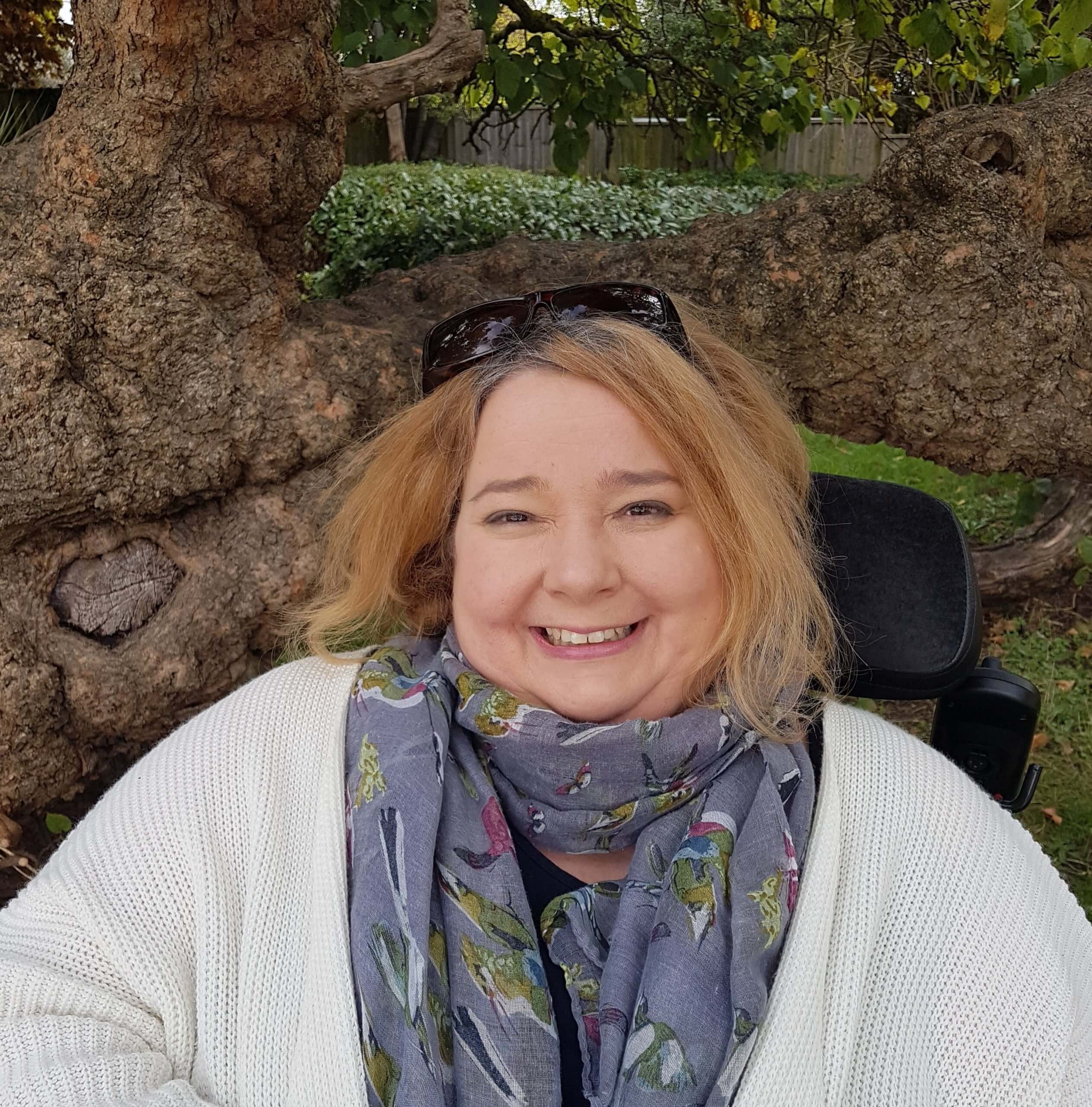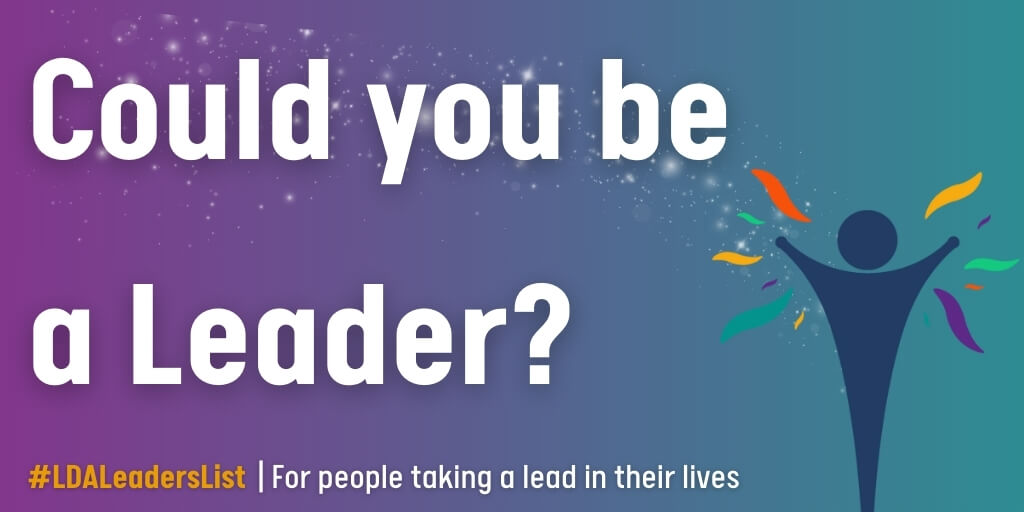Lorraine Stanley: starting conversations on disability and sex
At the age of 32, Lorraine Stanley was newly disabled, after catching a virus her body never recovered from. She discovered that there was a glaring absence of accessible resources on the intersection of sex and disability.
She also found that there was a lack of understanding among health and social care professionals regarding the topic of disability and intimacy, and that it was never treated as a priority. Taking it upon herself to search for books providing information on this, Lorraine found that there was only tumbleweed.
With the determination of a “terrier”, Lorraine set out to address this gap, and established a sex and disability discussion group. The success of the group highlighted that there was a clear need to pull this issue from the side-lines, and to encourage open and honest discussions.

Armed with a background in training and development in the NHS and local government, Lorraine setup Sex With A Difference (SWAD), a training organisation specialising in the area of disability and sex. The team at SWAD have been tireless in advocating for change. Having a diagnosis of autism at the age of 42, Lorraine has also channelled her ability to think differently, and to persevere when confronting challenges.
“I feel I have a responsibility to talk about this, to use my voice and platform, and to make it easier for other people. I feel it is my duty to do so”.
Through the SWAD network, Lorraine found that her own personal experience of struggling to get a cervical screening due to accessibility issues resonated with many other people with disabilities who were missing out on vital health screenings.
SWAD has since launched its two-year Better Access for Better Access campaign, which has a goal to have at least one hoisting system, and a set of leg supports, on at least one examination couch, in every sexual health clinic and GP surgery by the end of 2024. Lorraine is educating the NHS that mobile breast screening units need to be wheelchair accessible and is in discussions with the NHS about how certain groups need more time for their appointment. Lorraine has also written articles, blogs, and a book for medical staff on how to make medical centres easier for disabled people to access.

Lorraine has also worked with the British Association for Sexual Health and HIV (BASHH) and has raised its awareness of issues surrounding disability and sex. This included highlighting that its speaker notes did not specifically mention people with disabilities, despite them being the largest minority group in the UK. While presenting at conferences, Lorraine is able to have conversations with decision-makers, whether in the NHS or CQC, advocating for people with disabilities.
In response to being a Leader, Lorraine says:
“Being a Leaders’ List finalist is exciting, and also very validating. It’s great for an organisation as unconventional as SWAD to be recognised in the mainstream. I want the community of other people like me to know it is possible to run your own business, and to make a difference.”

“In 2024, I would like to see people with disabilities and autistic people having power in politics. If an MP happens to be neurodivergent, it is about stepping up and saying, I’m neurodivergent. We don’t want to be left on the scrap heap.”











